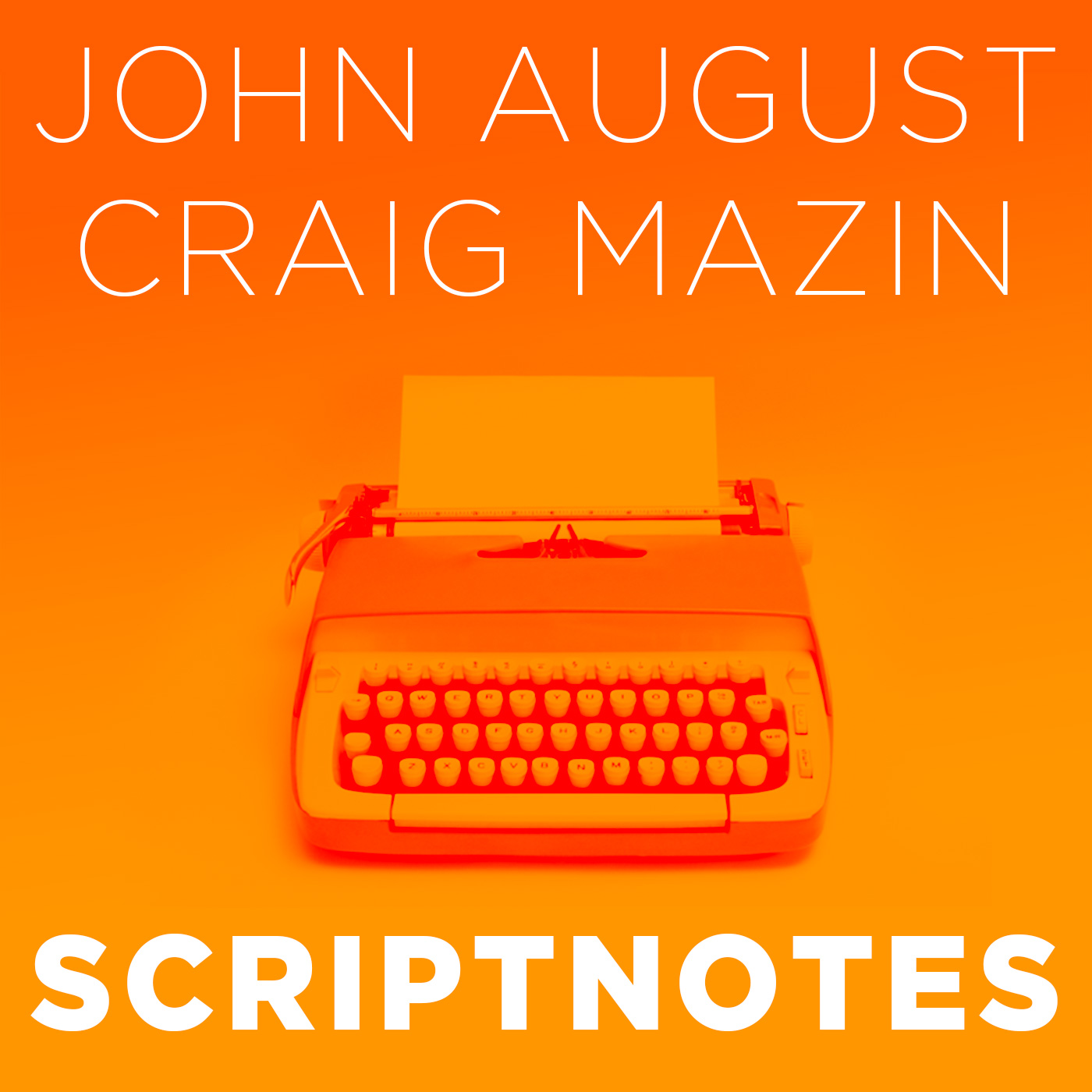
547 - The Fires, and Good Energy (Encore)

Scriptnotes Podcast
Deep Dive
What is the main focus of the Good Energy Playbook?
The Good Energy Playbook is a resource for screenwriters to incorporate climate change into their storytelling. It provides inspiration, information, and practical tips on how to address climate issues in film and TV, including character development, climate psychology, and solutions to climate challenges.
Why is it important to include climate change in storytelling?
Including climate change in storytelling helps normalize conversations about it, reflects the reality of the world we live in, and can inspire audiences to take action. It also addresses the emotional and psychological impacts of climate change, offering hope and courage alongside fear and grief.
What are some small ways to incorporate climate change into existing shows or movies?
Small ways to incorporate climate change include set dressing like showing solar panels on roofs, electric stoves in kitchens, or electric vehicles in car scenes. These subtle visual cues normalize sustainable practices without needing to explicitly address climate change in dialogue.
How does the Good Energy Playbook address the emotional aspects of climate change?
The playbook emphasizes that emotions like grief and anxiety are not inherently bad and can motivate action. It encourages writers to show characters processing these emotions and finding courage to act, rather than focusing solely on doom and apocalypse narratives.
What is the role of Hollywood in addressing climate change?
Hollywood has the power to influence social norms and behaviors through storytelling. By normalizing climate conversations and sustainable practices on screen, it can shift public perception and inspire action, similar to how it has influenced attitudes toward smoking and designated drivers.
What are some examples of successful climate-related storytelling in media?
Examples include 'Don't Look Up,' which uses a meteor as a metaphor for climate change, and 'First Reformed,' which explores climate issues through a deeply personal and emotional lens. These stories show how climate narratives can be engaging and impactful without being preachy.
How does the Good Energy Playbook aim to measure its success?
The playbook's success will be measured by tracking the frequency and nature of climate-related content in TV and film. USC's Media Impact Project found that only 2.8% of scripted entertainment included climate themes between 2016 and 2020, and the goal is to increase this percentage over time.
What is the significance of centering marginalized communities in climate storytelling?
Marginalized communities, particularly Black and Indigenous people, are often on the front lines of climate impacts and solutions. Centering their stories ensures authentic representation and avoids the 'white savior' trope, highlighting their leadership and resilience in addressing climate challenges.
- Devastating wildfires in Los Angeles caused widespread destruction and displacement.
- The episode's hosts and team are safe.
- The fires serve as a stark reminder of the consequences of climate change and the need for more realistic portrayals of its impact in media.
Shownotes Transcript
After a week of devastating fires in Los Angeles, we’re revisiting John’s conversation with Anna Jane Joyner and Quinn Emmett from Good Energy Stories on how to talk about climate change on screen. They discuss opportunities for writers to inspire change, raise awareness, and capture the environmental concerns of our time.
We follow up on disability representation in Hollywood with the release of the Cost of Accommodations report from the Inevitable Foundation.
In our bonus segment for premium members, we talk about asking people for money, whether it’s to finance a movie or launch a campaign to save the planet.
Links:
- The Original Episode 547) and its transcript)
- Stanislav Petrov, The Man Who Saved the World) Documentary
- How Much Does it Really Cost to Make Hollywood More Accommodating for Disabled Talent?) by Abbey White for The Hollywood Reporter
- Inevitable Foundation)
- Good Energy Stories Playbook)
- David Robert Ted Talk on Climate Change)
- Years of Living Dangerously Clip with Anna and her Dad)
- Subscribe to Important, Not Important)
- First Reformed)
- Dana Fox) and The Lost City)
- Russian Doll Season 2)
- Redactle Game)
- Anna Jane Joyner) and Good Energy) on Instagram
- Quinn Emmett) on Instagram
- Get a Scriptnotes T-shirt!)
- Check out the Inneresting Newsletter)
- Gift a Scriptnotes Subscription) or treat yourself to a premium subscription!)
- Craig Mazin on Threads) and Instagram)
- John August on BlueSky), Threads), Instagram), and Mastodon)
- Outro) by Jade Carda (send us yours!))
- This episode was originally produced by Megana Rao). Scriptnotes is produced by Drew Marquardt and edited by Matthew Chilelli).
Email us at [email protected]
You can download the episode here).